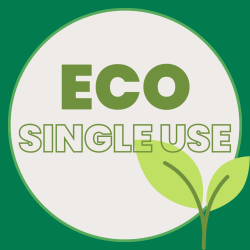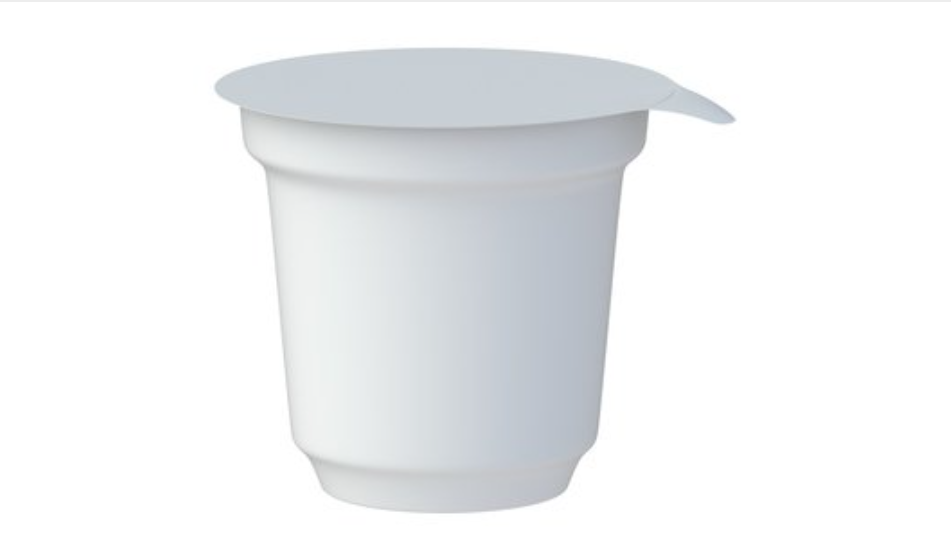Hong Kong’s ban on single-use plastics takes effect

Hong Kong restaurants have been slow to switch to eco-friendly alternatives following the single-use plastics ban, with many still using disposables.
Single-use plastics including straws and utensils are forbidden under the ban. Restaurants have a six-month grace period to comply with the new rules, under which the government will not take enforcement actions.
As the transition began, chain eateries have been quicker to make the transition than smaller restaurants.
Of the eight eateries visited by HKFP, only two had started using paper containers for takeaway meals, and none had switched to eco-friendly cutlery.
In Kowloon City, Tei Mou Koon Dessert had switched to paper bowls with plastic lids, but still had plastic spoons for takeaway orders.
Nearby, Shanghainese restaurant Moon Han Kitchen was still packaging most food in plastic containers – the owner, surnamed Lee, said it still had about two months’ supply of plastic boxes. But the restaurant showed HKFP paper bowls it was slowly beginning to use.
Under the new regulation, Styrofoam tableware, including plates, food containers and cups, will be banned, as well as plastic straws, cutlery, and stirrers. Plastic containers and cups – and their lids – are not included under the current phase of the ban, but will be prohibited in the second phase expected to begin next year.
“The forks don’t even work“
Lee told HKFP that he earlier received a sample paper container from a supplier, but found after testing that it was unable to withstand moisture and high temperatures.
“If you’re walking home with your takeaway order in this box, that’d be fine. But if you have to drive, then that wouldn’t work,” he said in Cantonese, adding that he was yet to receive quotations for other suppliers of paper containers.
“The quality and price [of eco-friendly alternatives] is unstable, so I’ll use what I have now,” Lee said.

A customer at Lee’s restaurant complained that, in her experience, non-plastic alternatives were awkward to use. “It literally takes two sips [before] the [paper] straw starts getting soggy, and the forks don’t even work!” she said in Cantonese.
Simon Wong, the president of the Federation of Restaurants and Related Trades, told RTHK on Monday that some 70 per cent of restaurants had not adopted non-plastic alternatives, and that eco-friendly alternatives were currently 20 to 30 per cent more expensive than plastic utensils.
The industry head also said that the adjustment period would allow more time for the catering industry to find suitable replacements.
Two other restaurants said they were still going through their stock of Styrofoam and plastic containers, and had not placed orders for replacements. Two bubble tea shops that HKFP visited were still using plastic straws.
Noodle shop Kam Ho Restaurant, also in Kowloon City, said it was not affected by the ban as it was closing its doors in about a month.
Secretary for Environment and Ecology Tse Chin-wan has also said that businesses need not worry about the plastic ban. Even when the six-month grace period ends, authorities will not take enforcement action immediately, and instead educate businesses who have breached the ban, Tse said in a blog post.
Several restaurant chains, meanwhile, had already replaced plastic utensils with plant-based alternatives. To offset costs, Café de Coral and TamJai Yunnan Mixian begun charging HK$1 for utensil sets, with Fairwood offering a reusable stainless steel set for HK$2.
But paper spoons provided by Café de Coral were unwieldy and fragile, according to HKFP’s observations.
Maxim’s Group is charging HK$1 for bamboo chopsticks and spoons made of sugarcane pulp, and also offers rebates for customers who use their own cutlery and containers.
McDonalds and 7-Eleven, which previously used plastic cups for cold drinks and paper cups for hot ones, have switched to using paper cups and lids across the board.
With two 7-Eleven coffees in hand, Kowloon City resident Sam told HKFP he liked the new lids because he believed they were good for the environment. “I’m saving the world!” he said with a smile, adding that his household waste went to the nearby recycling station.
The ban was introduced after the Legislative Council passed the Product Eco-responsibility (Amendment) Bill 2023 last October.
The second phase of the plastics ban, which will come into effect as early as next year depending on “the availability and affordability of alternatives,” will ban all plastic containers, cups, tablecloths, and disposable gloves.
(Source: HKFP REPORTS)




